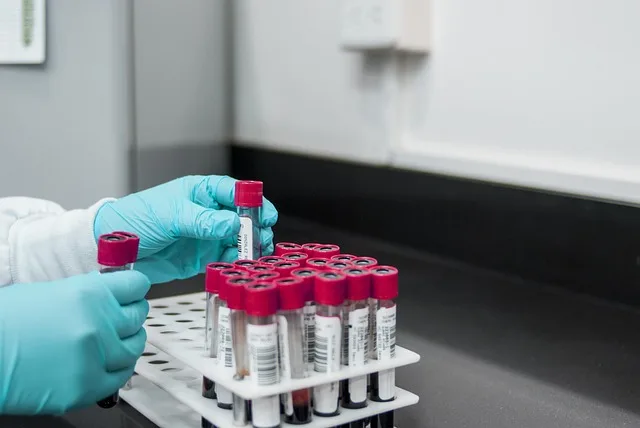DoD, VA Modernize In Vitro Fertilization Care Policy

UPDATE: Jan 31, 2024: This article has been updated to reflect a change in IVf policy at the Department of Veterans Affairs (see below.)
The VA and the Department of Defense changes some healthcare policies in early 2024 to be more inclusive for couples who need in vitro fertilization services supported by the VA and the DoD. The changes were announced in the wake of a lawsuit filed on behalf of servicemembers in general, but especially those in a same-sex marriage and unmarried veterans.
The Lawsuit Against the DoD and VA
In August 2023, the National Organization for Women New York City (NOW-NYC) filed a lawsuit against the Department of Defense for in vitro fertilization healthcare policies deemed discriminatory against same-sex couples and others who did not fall into DoD and VA guidelines for in vitro fertilization procedures.
According to a press release issued by NOW-NYC, to get VA or DoD-supported access to in vitro care, “DOD and VA require service members and veterans to be legally married, able to produce the necessary gametes (sperm and eggs) with their spouse, and have a significant service-connected injury impacting fertility.”
Related: Ultimate TRICARE Guide
The press release and the NOW-NYC lawsuit complain, “VA defines ‘infertility’ as arising only when a married opposite-sex couple fails to achieve a pregnancy. As a result, same-sex and unmarried couples and single service members or veterans are denied coverage, in violation of federal statutory and constitutional anti-discrimination protections and fundamental rights.”
Why the lawsuit? In addition to the obvious discriminatory exclusion of couples based on gender, status, or other side issues, serving in uniform “leaves many veterans and service members with limited family building options.
Fertility services are an essential means of supporting military and veteran families.” The lawsuit was intended to force the federal government to change its policies to be more inclusive for those who serve.
DoD IVF Policy Changes In 2024
In 2024, the Defense Department pledged to review reproductive healthcare regulations, which, as mentioned above, previously only allowed DoD support of in-vitro fertilization for legally married couples using their own sperm and eggs. (This did not come because the lawsuit was successfully completed; at press time, the suit is still ongoing.)
Early reporting of these changes brough plenty of promises. A report by Military Times notes the DoD was expected to issue a revised policy so that “service members in any relationship status can have IVF covered.”
Furthermore, couples may “also use donor sperm or eggs, where previously TRICARE would only cover IVF if the couple seeking treatments provided their own cells, excluding anyone who cannot produce viable sperm or eggs.”
VA IVF Policy Changes in 2024
The Department of Veterans Affairs announced in a court filing that the agency was amending its IVF policy so that it aligns fully with Department of Defense policy. VA guidelines will reflect the policies mentioned above once changes are officially and fully implemented.
The Department of Veterans Affairs had previously agreed only to a review of IVF policies, according to the court filing, which previously only covered heterosexual married couples for such treatment.” And members of NOW-NYC aren’t claiming an early victory and going home. Sonia Ossorio, NOW-NYC’s executive director, says much more work must be done to create equitable reproductive healthcare for all beneficiaries.
“We will continue to challenge DoD and VA to remove all discriminatory barriers so that each and every service member and veteran who needs this reproductive care can access it.”
Related: Ultimate TRICARE Guide
About the author
Editor-in-Chief Joe Wallace is a 13-year veteran of the United States Air Force and a former reporter/editor for Air Force Television News and the Pentagon Channel. His freelance work includes contract work for Motorola, VALoans.com, and Credit Karma. He is co-founder of Dim Art House in Springfield, Illinois, and spends his non-writing time as an abstract painter, independent publisher, and occasional filmmaker.


